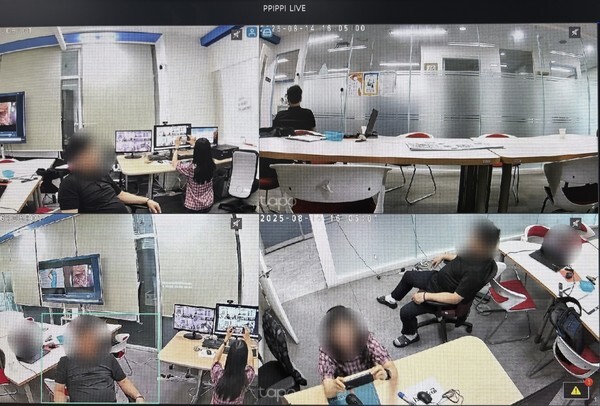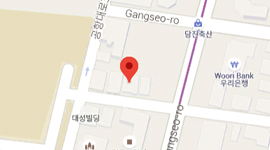Hospitals are institutions that must protect the lives and safety of patients while also managing sensitive medical and personal information. In particular , emergency rooms, ward hallways, parking lots, and waiting rooms often have blind spots that patients cannot see, making them highly susceptible to accidents, disturbances, violence, and other conflicts. In these situations, CCTV provides crucial evidence of accidents and disputes, facilitating a swift response. However, hospitals face challenges as they must simultaneously consider legal responsibilities, including the Personal Information Protection Act, during the video provision process. Providing CCTV footage could lead to the leaking of sensitive patient information, while failing to do so could delay dispute resolution or incident response, potentially leading to complaints or lawsuits from patients and their guardians.
(Note: As of 2020, there were 96,742 healthcare institutions in South Korea, of which approximately 73,000 were hospital-level institutions . Specifically, 42 were tertiary hospitals, 319 were general hospitals, and clinic-level institutions accounted for the largest proportion.)
These legal and operational dilemmas directly impact the protection of hospital staff. If there's a delay in reviewing CCTV footage in the event of a disruptive patient or violent incident, both medical staff and patients are exposed to risk, and hospitals could face liability after the incident. Conversely, if patient personal information is leaked during the video release process, hospitals face the dual burden of legal penalties and a loss of credibility. Because medical institutions handle particularly sensitive patient health information, they have particularly strict privacy obligations. Violations can result in administrative sanctions and even civil and criminal liability .
AI mosaic systems can effectively address these issues. By automatically de-identifying sensitive information, such as faces, medical records, and patient room conditions, in real time from CCTV footage, hospitals can review footage and respond quickly to incidents without legal burden. This allows medical staff to protect themselves and their patients, while patients and their guardians can use hospital services without worrying about privacy violations.

Demonstration scene of ' Patent No. 10-2721168 Real-time Mosaic System for Personal Information Protection'
Ultimately , the AI mosaic CCTV system in hospitals is more than just a security device; it's an essential management tool that simultaneously protects medical staff, ensures patient safety, and protects personal information. It's a key tool for quickly responding to disputes and accidents, and strengthens the hospital's trust and safety culture. The optimal system to address these challenges is the AI mosaic "Beeper."
South Korea's Personal Information Protection Act presents a dilemma: whether you show it or not, you face a lawsuit, and whether you don't, you face a fine. In other words, individuals can personally view their own CCTV footage. However, if others are also filmed, they can only view it after obtaining prior consent or ensuring their identities are obscured.
CCTV Personal Information Protection – The Paradox That Safety Devices Can Be the Spark of Conflict (1)
APT : Experts say, “AI-based mosaic is the only solution to save both management and residents” (2)
Banks : Customer trust is lost if video is delayed in the event of loss at the counter (3)
Schools : Despite the obligation to protect students, the use of CCTV is restricted due to administrative burden (4)
Hotels : Recurring conflicts between protecting the privacy of guests and responding to incidents (6)
Golf courses : Failure to secure CCTV in the event of a dispute or accident is fatal to the operator’s image (7)
Convenience stores : Blind spots for disputes still exist in CCTV around the checkout counter (8)
Parking lots : Delayed video confirmation immediately leads to conflict between victims and operators (9)
Public : Response to accidents at civil complaint sites and transportation facilities depends on the prompt use of CCTV (10)
If CCTV had been mosaiced in real time , the response to the 'gun murder' would have been faster (SBS)
We introduce and connect related manufacturers and product businesses featured on the mosaic.ai platform to overseas markets. In particular, ADSOFT's CCTV AI mosaic business represents the most optimal example of a personal information protection solution. We look forward to your interest.
□ Recruitment of branch offices by country (field)
> Salesperson: obanglife@naver.com > Manufacturer: ceo@adsoft.kr > Platform: mail@mosaic.ai.kr > Market Hub: mail@markethub.org www.mosaic.ai.kr









